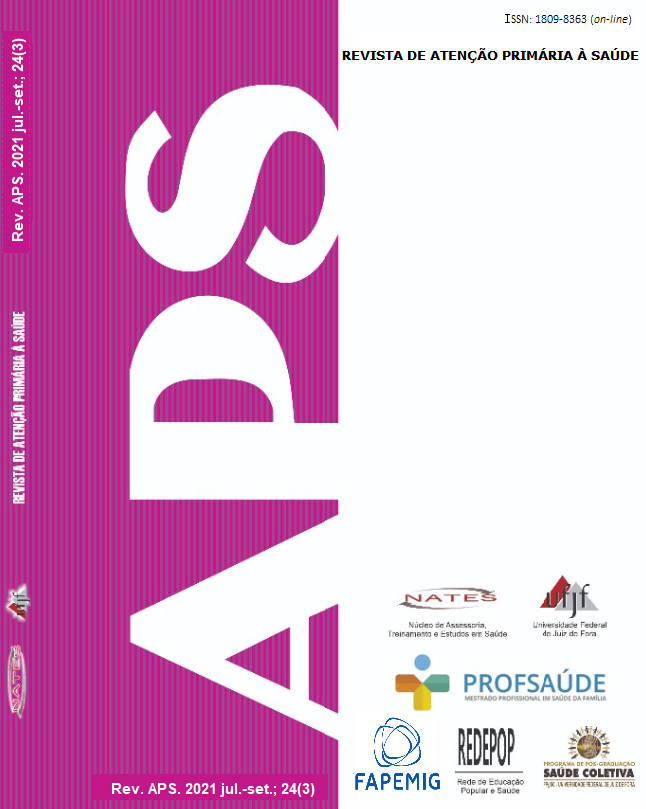Characterization of the family functionality of the elderly in Family Health: a cross-sectional study
DOI:
https://doi.org/10.34019/1809-8363.2021.v24.34570Keywords:
: Family relationships. Elderly. Family Health.Abstract
Introduction Family functionality aims to verify the existence or absence of harmonics in family interactions in which the elderly are involved. Because families are responsible for providing care with the Family Health promoting healthy aging. Objective To characterize the family functionality of the elderly assisted in the Family Health Strategy. Methods This is a cross-sectional study with a quantitative approach, carried out at the Health Center (CS) from September 2018 to November 2019, located in the city of São Luís/MA. The study population were elderly registered in (CS). The following sociodemographic and clinical variables and the instrument to assess family functionality were evaluated - APGAR Familiar with the dimensions: adaptation, companionship, development, affectivity and resolving capacity. Results One hundred and forty-eight elderly people were interviewed, females predominated (64.9%), brown (64.2%), married (46%), with a single-parent family arrangement (37.2%), good family functionality (91.2) %) and the development category stood out (83.1%). Conclusion Family functionality is a complex phenomenon, despite this it was possible to verify good functionality, with a strong point being the encouragement of families in the autonomy of the elderly.











